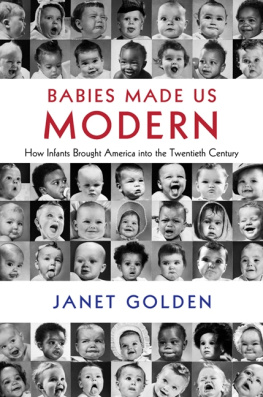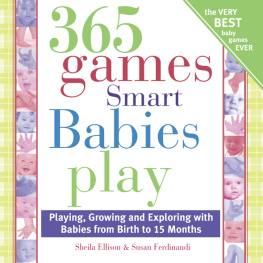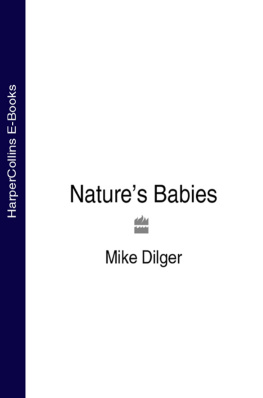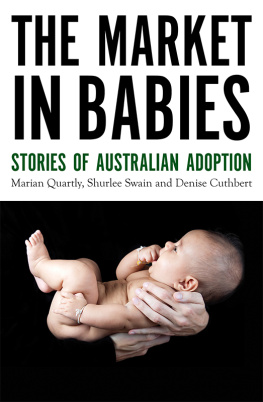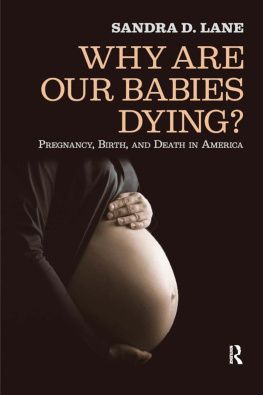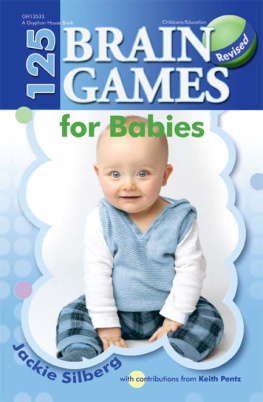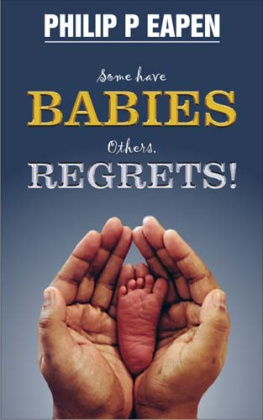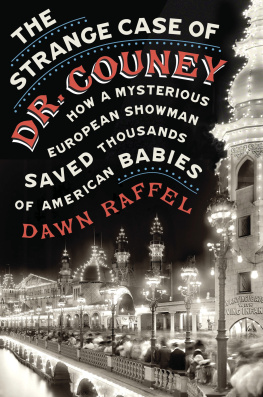Placing babies lives at the center of her narrative, historian Janet Golden analyzes the dramatic transformations in the lives of American babies during the twentieth century. She examines how babies shaped American society and culture and led their families into the modern world to become more accepting of scientific medicine, active consumers, open to new theories of human psychological development, and welcoming of government advice and programs. Significantly, Golden also connects the reduction in infant mortality to the increasing privatization of American lives. She also examines the influence of cultural traditions and religious practices upon the diversity of infant lives, exploring the ways class, race, region, gender, and community shaped life in the nursery and the household.
Janet Golden is a professor of history at Rutgers University Camden. She is the author of several articles and books, including Message in a Bottle: The Making of Fetal Alcohol Syndrome . She is coeditor of the Critical Issues in Health and Medicine Series at Rutgers University Press.
University Printing House, Cambridge CB2 8BS, United Kingdom
One Liberty Plaza, 20th Floor, New York, NY 10006, USA
477 Williamstown Road, Port Melbourne, VIC 3207, Australia
314321, 3rd Floor, Plot 3, Splendor Forum, Jasola District Centre, New Delhi 110025, India
79 Anson Road, #0604/06, Singapore 079906
Cambridge University Press is part of the University of Cambridge.
It furthers the Universitys mission by disseminating knowledge in the pursuit of education, learning, and research at the highest international levels of excellence.
www.cambridge.org
Information on this title: www.cambridge.org/9781108415002
DOI: 10.1017/9781108227308
Janet Golden 2018
This publication is in copyright. Subject to statutory exception and to the provisions of relevant collective licensing agreements, no reproduction of any part may take place without the written permission of Cambridge University Press.
First published 2018
Printed in the United States of America by Sheridan Books, Inc.
A catalogue record for this publication is available from the British Library.
Library of Congress Cataloging-in-Publication Data
Names: Golden, Janet, 1951 author.
Title: Babies made us modern : how infants brought America into the twentieth century / Janet Golden.
Description: New York, NY: Cambridge University Press, [2018] | Includes bibliographical references and index.
Identifiers: LCCN 2017054703 | ISBN 9781108415002 (hardback) |
Subjects: | MESH: Child Rearing history | Parent Child Relations | Infant Welfare history | History, 19th Century | History, 20th Century | United States
Classification: LCC HQ769 | NLM WS 11.AA1 | DDC 649/.1dc23
LC record available at https://lccn.loc.gov/2017054703
ISBN 978-1-108-41500-2 Hardback
Cambridge University Press has no responsibility for the persistence or accuracy of URLs for external or third-party internet websites referred to in this publication and does not guarantee that any content on such websites is, or will remain, accurate or appropriate.
For Eric
Contents
Illustrations
Acknowledgments
When you work on a book for a very long time, you have a very long list of people to thank, and a deep fear of forgetting someone. Let me begin at the beginning. Credit for the idea for this book belongs to Lynn Weiner. We intended to write it together and wrote one article before she bowed out because she was so busy being a dean. And the writing took so long that she became a grandmother before I finished. Lynn and her research assistants provided valuable support, and Lynn read the entire manuscript and offered enormously helpful comments and a few chapter titles. Other wonderful friends read the entire manuscript and gave vital feedback. Laurie Bernstein, Arleen Tuchman, Richard Meckel, Cynthia Connolly, and Benjamin Schneider I cannot thank you enough. Others who read portions of this work and gave excellent advice include Heather Munro Prescott, Beth Linker, Ben Harris, Jonathan Sadowsky, Patricia DAntonio, and Christian Warren.
I had the opportunity to give papers based on this work to many audiences, and their questions helped me develop this work. I thank Paula Michaels and the participants in the History Department Seminar at Monash University; Warwick Anderson and the participants in the History on Monday Seminar at the University of Sydney; George Weisz and the participants in the Social Studies of Medicine Departmental Seminar at McGill University; Elizabeth Toon and the participants in the seminar at the Centre for the History of Science, Technology, and Medicine at the University of Manchester; Ellie Lee and the participants in the Centre for Parenting Culture Studies Conference at the University of Kent; and attendees at the Lees Seminar in History at Rutgers UniversityCamden and the Psychology Department Seminar at Rutgers UniversityCamden.
I was able to undertake the research for this book and to find the time to write it thanks to a Fellowship for College Teachers from the National Endowment for the Humanities, sabbatical support from Rutgers University Camden, funding from the Rutgers Research Council, a research support grant from the Radcliffe Institute for Advanced Study at Harvard University, a Charles Donald OMalley Short Term Research Fellowship in the History and Special Collections for the Sciences at the David Geffen School of Medicine at UCLA, and a Hartman Center Travel Grant from the Duke University Libraries.
A vital form of research support came to me from Emily Abel, who shared all of her detailed notes from the Community Service Society records at the Columbia University Archives and of the Field Nurses Monthly Reports from the Department of the Interior Bureau of Indian Affairs Records at the National Archives. Others who assisted me with information and sent me materials include Jacqueline Wolf, Alexandra Minna Stern, Susan Miller, Cheryl Lemus, Lynn Weiner, and Gabe Rosenberg. Joe Shapiro, Sally Griffith, and Susan Walton shared family baby books with me. I also want to thank my many hosts who kept me going on research trips: Bopper Deyton and Jeffrey Levi, Lynn Weiner and Tom Moher, Margaret Humphreys and Ted Kerin, Ruth Horowitz, Susan Porter, and Eric Luft and Diane Davis Luft.
While working on this project I often told people that I had my own private archivist: Russell Johnson. As curator for history and special collections for the sciences at the UCLA Louise M. Darling Biomedical Library, he collected the baby books and related material that are at the core of my research. I would also like to thank Arlene Shaner, Historical Collections Librarian at the New York Academy of Medicine; Stephen Novak, Head of Archives and Special Collections at the Columbia Health Sciences Library; and Daniel M. May, archivist at the Metropolitan Life Insurance Company, who provided me with extensive help, as well as the staffs and archivists of all the other institutions that opened their doors to me. Archivists and librarians make it possible for us to be historians.
This book could not have been written without my family. My son Ben Schneider brought his editorial skills to this work, and my son Alex Schneider and his partner, Hanna Schwing, visited often and took me to many great meals when I visited Washington, DC, for research. My mother, a proud UCLA alumna, was especially pleased to see me after my long days working in the UCLA archives. My beloved husband, partner, and fellow historian, Eric Schneider, read each draft of this book far more often than anyone can imagine. He died shortly before the manuscript went to press. I dedicate this book to him.

